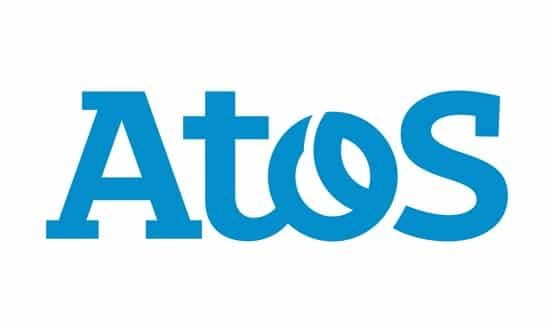Darling targets efficiency, pay and tax
- 9 December 2009
The Chancellor has slightly shifted the focus of this year’s Pre-Budget Report from the urgent need to make public sector efficiency savings to implementing pay freezes and increasing taxes.
While praising the NHS for making “great strides” in finding up to £10 billion a year of efficiency savings, Alastair Darling said government spending would need to be maintained to secure the recovery and promote long-term growth.
He said that as part of this, ‘frontline’ health services would be protected from cuts. However, he announced a two-year, 1% cap on pay increases for NHS workers, in a move that was immediately condemned by Unison, who said meant an effective pay cut for low-paid workers.
NHS staff received a pay increase of 2.4% this year, and pay will still rise by 2.25% next year, as part of a three year deal. The limit will kick in from 2011-12.
Darling also announced that he would increase National Insurance for all employer, employee and self-employed rates by a further half percent from April 2011.
The Chancellor estimated that in 2010-11, total public spending would increase by £31 billion, and added: “I am today able to offer guaranteed minimum real terms increase in spending on front-line NHS and schools for two years from 2011.
“We can also pledge that spending on these crucial front-line services will continue to rise, over and above inflation, after 2010-11, so that we can meet the improved public service guarantees and entitlements that we have set out.”
The Chancellor said that public sector net borrowing, which was £3 billion above its forecast at £178 billion this year, would almost halve to £97 billion by 2013-14.
Darling said NHS efficiency savings of around £10 billion a year would be delivered by 2012-13. He described these as an "interim step" towards finding the £15-£20 billion that NHS chief executive David Nicholson said the health service should plan for by 2014.
A full programme of savings will be set out in next year’s Budget. In the meantime, Treasury documents indicate the savings will come from "adjusting" the tariff paid for hospital work and introducing common pricing to community and mental health services, as well as from "back office" savings.
As expected, Darling did not go into detail about the National Programme for IT in the NHS, which he said on Sunday was “not essential to the frontline” and “something that we don’t need to go ahead with right now.”
However, he included the programme in a £5 billion package of government-wide savings to be achieved by 2012-13. Treasury documents say: "£500m [will come from] reducing spend on IT, including reducing the cost and scope of the NHS IT programme."
On Monday, health secretary Andy Burnham attempted to clarify the Chancellor’s earlier comments by saying that £600m would be clawed back from the programme, predominately by cutting its back office functions and reducing the scope of some systems.
On the wider technology front, the Pre-Budget Report confirmed that the government will try to universalise broadband coverage with a 50p per month levy on copper telphone lines.
The government’s Digital Britain report identified telehealth as one of the applications for universal broadband, while its Smarter Government report this week set out plans for online-first public services and far more information for users.
Despite uproar from the Conservatives, who called the Pre-Budget Report a “Pre-Election Report,” Darling refused to complete a spending review, saying it is “not the time.”
Link: Securing the Recovery: Growth and Opportunity. Pre-Budget Report December 2009




